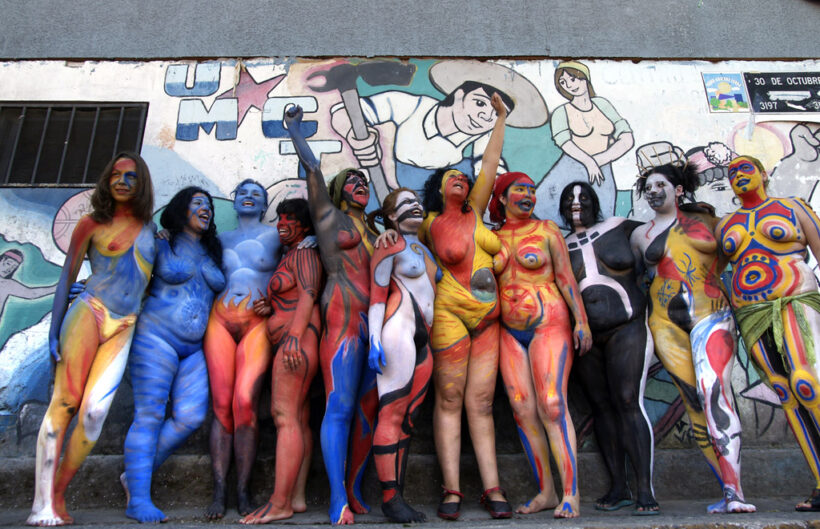The process of women’s liberation, alternative sexualities, old masculinity (image of being a man) and its forms of expression.
By Gladys Mendoza Jaque
Always, on the way to achieving greater human freedom, it is necessary to overcome cultural, economic and social determinisms and all forms of violence. Freedom favours personal development, because it gives each person the possibility to choose what is best for him or her, and it is guaranteed by the Political Constitution and other laws.
The current feminist struggle is part of this liberation. And it must be said, it is not only the liberation of women, it is also the liberation of alternative sexualities and their forms of expression. And it is the liberation of old masculinity (the image of being a man) to find its place of expression and non-violent relationship with women and alternative genders.
It is necessary to reconcile a process that has been going on for thousands of years: collective violence against women seems to have arisen in the Near East with the sedentarisation of human communities towards the end of the Paleolithic, i.e. some 13,000 years before our era.
Today, institutional violence is the arbitrary or illegitimate use of force granted by the spaces of power, exercised by state agents or officials and expressed through various violent practices of a physical, sexual, psychological or symbolic nature.
In many latitudes, patriarchal power maintains a criminal link with criminal organisations, which is why they operate without control, exercising brutal violence against women, starting with kidnapping, forced prostitution, martyrdom, murder and the disappearance of bodies, as denounced by groups of victims’ relatives and friends, and NGOs specialising in these matters.
In places of armed conflict, the warring sides use physical and sexual violence and the murder of women in the territory, in an insane demonstration of power and an insane pride that objectifies women, transforming them into trophies in their sick minds.
And in democratic societies, the number of women raped, tortured and murdered by their partners or ex-partners continues to grow, and for the institutions, the press and public opinion the situation is naturalised as an intrinsic part of human relations in society.
It is evident that whatever the situation of a society, in the past or in the present, and in any part of the world, the constant is the degradation of women’s humanity, giving unjustifiable space for the most terrible aberrations to be perpetrated against them, in the face of which the gaze and its recognition are avoided.
It is a difficult task to socially readjust the ethical and moral limits, blurred in a type of system that places money as the central value and tacitly justifies any method to achieve it.
And it is in this context that feminists are ceaselessly active, in a search for different paths, levels and instances. A path of advances and setbacks, of successes and mistakes, of certainties and doubts, but which gathers energy with every attack on the life of any woman on the planet.
It is necessary to build non-blaming dialogue networks to deepen and build reconciliatory processes, the only way to find liberation for the human being of the future. Non-communication refers to a process that prevents a fluid and healthy two-way interpersonal relationship. Knowing and being able to communicate with others is essential for human beings.
We have adequate communication when there is a two-way exchange, fluid, open and without value judgments, respecting diversity.
As in any liberation process, the most progressive and lucid elements will move on to the next stage: a more loving, affective, empathetic, sensitive, supportive and welcoming human being (and society). All qualities are not exclusive to one gender.
At the present time, it is necessary that all people who agree with the idea that the world must change for the better, that is, in the direction encompassed by the ethical maxim “Treat others as you want to be treated”, converge with others who have the same orientation, exchange, organise themselves and take the future into their own hands.
I would also like to express my sincere thanks to my humanist friends for their contributions to this article.
Gladys Mendoza Jaque, Member of Convergencia de las Culturas -Chile






